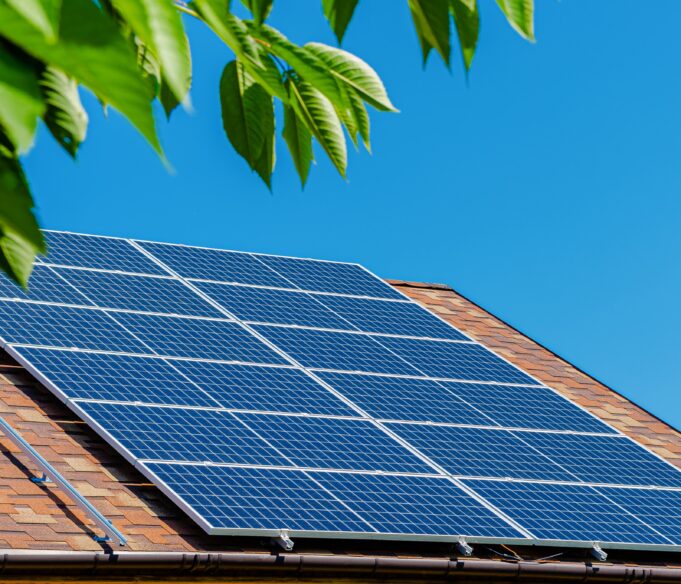Written by Kelly G. Richardson
Q: I live in a planned development, and was told we could not install solar because it would void our roof warranties. Can our management company ban the installation of solar because of that reason or do the new regulations override that argument? — D.D., Cypress
A: Civil Code Sections 714 and 714.1 do not provide for HOAs to ban solar installations because they allegedly void roof warranties. However, keep in mind that the HOA can hold you responsible for damage to the roof. So, the HOA cannot reject your solar installation request because of the roof warranty, but it may hold you responsible for damage to the roof. Also, management doesn’t make decisions, they carry out board decisions.
Q: I applied for installation of a solar system. My HOA requires the installation of pigeon deterrents or critter guards, at a cost of well over $1,000 extra. We think that such deterrents should be the owner’s option and cost, and the HOA shouldn’t make it compulsory for approval. Please advise when the installation of pigeon deterrent becomes a condition for solar installation. What kind of procedure does the HOA follow to set it as a condition for solar installation? — J.M., San Jose
A: Per Civil Code Section 714(d)(1)(B), an association cannot impose a requirement that adds more than $1,000 cost to the system. However, the HOA can hold you responsible for damage to the roof if the installation allows pigeons or other animals to damage the roof, per Civil Code Section 714.1(a)(4). Even though the HOA cannot force you to have the guards, if it prevents damage to the roof (which damage will likely be your responsibility), it might be a good idea to include it anyway.
Q: As per CC&Rs, we do not own our own roofs in our complex. Does the law force us to allow solar installation? — R.T., Torrance.
A: Civil Code Section 4746 provides guidance regarding installation on common area roofs. The HOA cannot deny solar installations because they would be on common area roofs, but homeowners can be required to procure and submit a “solar site survey” documenting that the installation will only use a fair share of the useable roof area.
In townhouse-style condominiums, the roofs are usually a common area but the area fairly allocable to the owner is clear – the roof above their own residence.
In an apartment-style building, in which condominium units are stacked in multiple stories, the available roof space is more scarce. In that configuration, the solar site survey may reveal that the requesting party’s fair share of the roof is too small for a meaningful amount of solar panels to be installed.
So, as a technical matter, yes, the law forces HOAs to allow solar installations, subject to important conditions, but as a practical matter, it’s more likely that for apartment-style condominium projects, the unit owners will not find it as valuable.
Given that townhouse condominium owners can use the area over their home as their “fair share” of the common area roofs, it is more likely that the HOA will be forced to allow solar installations on townhouses.
HOA leaders: Let’s find ways to make solar installations work, rather than ways to avoid them
Kelly G. Richardson, Esq. is a Fellow of the College of Community Association Lawyers and Partner of Richardson Ober DeNichilo LLP, a California law firm known for community association advice. Submit questions to Kelly@rodllp.com .
Shared from OC Register











